20 Nov Milk or Dark Chocolate
Written by, Christine Chanel
It’s the question almost as old as time—milk or dark chocolate? Just like the thousands of different flavors of chocolate in the world, we are all entitled to our own opinions of them! But, what are the benefits of each?
No one should have to imagine a world WITHOUT milk chocolate or dark chocolate … no thanks! It all started back in 1900 BC when the Mesoamericans consumed it as a bitter fermented beverage that would become a known mood enhancer. The Mayans even came to worship a god of cacao and reserved chocolate for rulers and sacred nobles. Obviously, a whole lot has changed since then but one thing that remains is chocolates’ undeniable ability to enhance our moods, no matter which side of the team you fall on.
Health Benefits of Dark Chocolate
Even if you live under a rock, you must know that the answer is simple. Dark chocolate takes the win here.
The longer that chocolate is processed, the more it loses its magical properties such as flavanols, or the phytonutrients found in cocoa—(also found in wine) These act as an antioxidant that may play a role in protecting your body against heart disease, cancer, and other diseases. Dark chocolates are often vegan friendly for those on a strictly plant-based diet.
The More Cocoa you Have, the More Bitter
Although the antioxidants in dark chocolate are excellent, the flavor may be a turn-off to some people as it can be too bitter. As chocolate is fermented and alkalized, the bitter remnants begin to fade and the flavor becomes more neutral. This is where more concentrates of dairy and sugar are added—as a result, we have milk chocolate. For chocolate to be considered “dark” it needs to have a minimum of 35% cocoa. Most are known to have anywhere from a cocoa concentrate of 60% to 80%—now, that’s a ton of antioxidants! Experts recommend sticking with chocolates 70% or higher to really absorb its potential antioxidant benefits. It’s also jam-packed full of zinc, magnesium, and iron—which reap their own benefits as well.
So, do we have to sacrifice creaminess?
Why does dark chocolate get all the love? If milk chocolate is your choice of indulgence, should you feel guilty?
Consumer Reports tells us that;
In an analysis of studies involving 20,951 people, researchers at the University of Aberdeen in Scotland suggested that those who ate the most chocolate over an average of 11.3 years (most of it milk chocolate) had a lower risk of coronary heart disease and stroke than those who ate the least or none at all.
So, this means that any chocolate is better than no chocolate at all? Now, that’s a good answer.
Other Sweet Benefits of Milk or Dark Chocolate
It’s no question that milk chocolate is made with…milk. This means that milk chocolate contains more calcium than the beloved dark (that’s a plus, right?) In general, calcium is good for us—we rely on it to sustain healthy function of our muscles, which includes the heart! Without enough calcium, we risk osteoarthritis, also known as, weakness of the bones. Now, of course, milk chocolate should not be your only source of calcium intake…but, hey, it certainly doesn’t hurt.
A study in 2009 found that consumption of milk chocolate led to cognitive improvements including memory function, attention span, and problem-solving all thanks to the flavonoid, Procyanidin (B1) Although, there is not as much prevalent as in dark chocolate, you will still benefit from some of the antioxidants. After all, you’re still consuming cocoa!
You can always boost your milk chocolate experience by opting for a flavor loaded with nuts for an extra little boost of something good-for-you.
If dark chocolate just doesn’t fit into your flavor profile, there is no reason to feel ashamed—ALL chocolate is good.
Milk or Dark RED Chocolate
Say goodbye to refined sugar
Now, the only loser of this debate is a sore one. Refined sugar.
- High-Fructose Corn Syrup
- Cane Sugar
- Table Sugar
- White Sugar
Unfortunately, most of our favorite chocolate candies are made with the above in some shape or form. Refined sugar may increase your risk of obesity, type 2 diabetes, liver, and heart disease. It can also be linked to psychological disorders such as depression, anxiety, and dementia. High-sugar diets have been linked to an increased risk of dying from heart disease. In other words—it’s just not good.
RED is crafted with all-natural sweeteners derived from melons all while delivering buttery, creamy flavor without the added refined sugar. 40% less fat, and 35% fewer calories than other leading chocolates. RED is low carb, reduced calorie, reduced fat, gluten-free, Kosher certified, and vegetarian. RED is also Weight Watchers, Whole30, Keto, and Atkins friendly.
No matter which side of the vote you’re on—we can all agree on one thing at the end of the day. All Pleasure, No Guilt.


No Comments